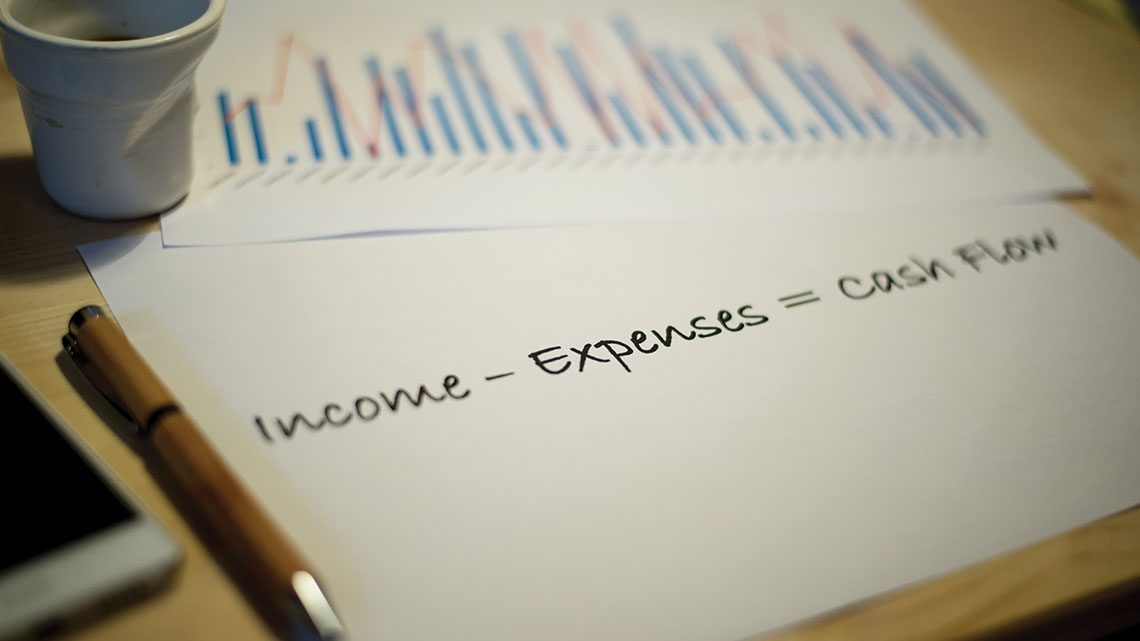There are many considerations that you have to think about before you make the decision to either lease or buy a delivery vehicle for your business enterprise. Some of them include the following:
The Overall Cost of the Vehicle
You should always calculate the sum total cost of leasing any business vehicle on the basis of its full term, i.e. not just your monthly payments but the sum total amount you will have to pay until the end of the lease. This will include your initial down payment (normally 20%) and the monthly lease payments. You will also have to factor in your mandatory maintenance costs. Compare all of these costs with the lump sum amount that you will have to pay for outright purchase.
How Will You Use the Vehicle?
You should consider how often you will be using the van or any other vehicle. Is it going to be used on a daily basis, or occasionally? You should also make sure that the vehicle’s lease contract contains a buy-out option as well. This way, you will be able to retain the automobile even after the expiry of the lease period.
Total Mileage
You should have at least a rough estimate of approximately how many miles your business vehicle will have to travel in a calendar year. Remember that both the warranty and depreciation of the vehicle are tied to its mileage. The more you run it, the lesser its value once the lease has been paid in full. In fact, leasing companies also impose an excess mileage fee, once your vehicle crosses a certain limit.
Writing Off Your Business Vehicle’s Lease Payments on Taxes
It is possible to deduct lease payments of a business car. However, such deductions are only possible to the extent that the vehicle car had been used for legitimate business purposes. Tax deductions are not permissible in case the vehicle has been procured for personal use.
How To Go about Leasing A Business Vehicle
You have to determine your requirements first. For example, if the vehicle has to make deliveries on rough and bumpy roads, it makes sense to have a 4×4. You should also think about your mileage requirements as well.
You should test drive several cars that can meet your criteria. If you think you have found the best choice, you should talk to the leasing in-charge at the dealership. Try to negotiate the best deal. Once your application has been approved, you should carefully go over the contract before signing it and taking possession.
Conclusion
Leasing a business vehicle is the best option because it will allow you to keep your cash assets safe at hand. This way, you will be able to invest your funds in other revenue-generating activities.

